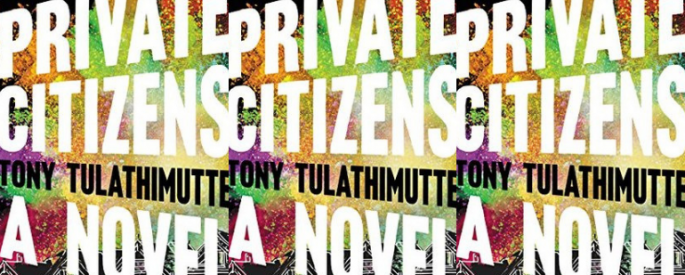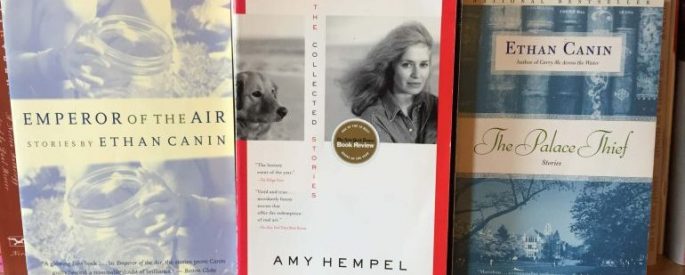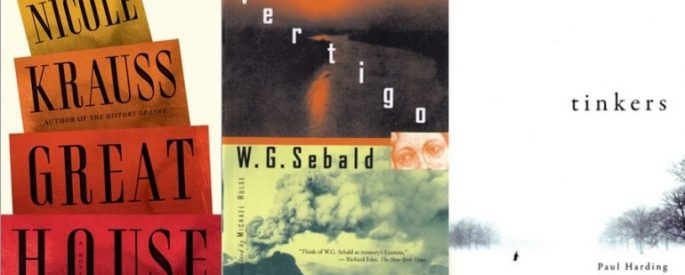Writing Advice Archive
Origin Story: Tony Tulathimutte’s Private Citizens

Tony Tulathimutte’s debut novel, Private Citizens, charts the spectacular floundering of four recent college graduates. His eye is so sharp, his characters so recognizable, and his truth so pitiless that I sometimes had to close the book, as if he might read my soul through its pages. This is
Structure: What Writers Can Learn from Visual Artists

Of all the rules that artists follow, this one is paramount: never ever fill in details before the structure is done. Painters sometimes spend hours sketching before ever touching the canvas. And when they finally do, they build their work slowly, layering in color, laboring on the drawing underneath, roughing
What is Your Writing Routine?

What is your writing routine? What does it look like when you sit to write? Any special rituals? I am so glad you asked. It’s really pretty great. I sit at my computer, and I check Facebook for, like, ten minutes. Okay, haha, twenty minutes. And then I write.
Origin Stories: Fiction by Prompt

How do great authors begin their fiction? With a line or a character, a memory or a mission? This year, as Ploughshares’s unofficial origin-story archivist, I’ll investigate. Because I’m a teacher, I started by looking for stories that grew out of writing assignments. Here’s what I found. 1. Amy
What Happens When We Read: The Mind’s Eye and How it Works

Reading is a cognitive experience and written language can elicit in the brain an array of sensory perceptions. A description of an apple pie once made me put the book down so I could bask in its warm smell. But what the brain does most readily is see. It’s
Majestic Endings

As I closed in on the first draft of a novel, I wrote toward an ending I’d held in my mind for months. It was a quiet climax in keeping with the, ahem, literary nature of my novel. I knew that when I finished the draft, I’d have to
Tension mounting

We spend our lives avoiding conflict, and then we reach academia. On the playground we’re told to make peace, but in the classroom we’re praised for our thesis statement that makes an “argument,” that introduces “tension,” that “complicates” a previous notion. Conflict becomes, all of a sudden, the engine
Writing the Mind: Nicole Krauss, W.G. Sebald, & Paul Harding

How does one apply the adage show don’t tell to the interior of the mind—a vast expanse one inhabits daily, but never sees? While Pixar’s Inside Out turns the subconscious into a playful and sometimes dark adventure, literature must rely on language—pacing, syntax, and form matching function. In the early
Lying as survival: the literary pep talk

Has a young child ever asked you to watch him run? Are you ready? he asks, and then the same intense eyes that one tries to remember a dream with. Then his arms start pumping at a speed that must seem lightning-fast to his own mind but really looks
Letter to myself: On fatherhood and poems

A published letter is a strange act. It’s like a whisper made into a loudspeaker. It’s a secret note the town’s tacked onto the city hall bulletin board after the carrier pigeon nosedived into the public square. It’s intimacy externalized. Some letters seem to speak to no one at